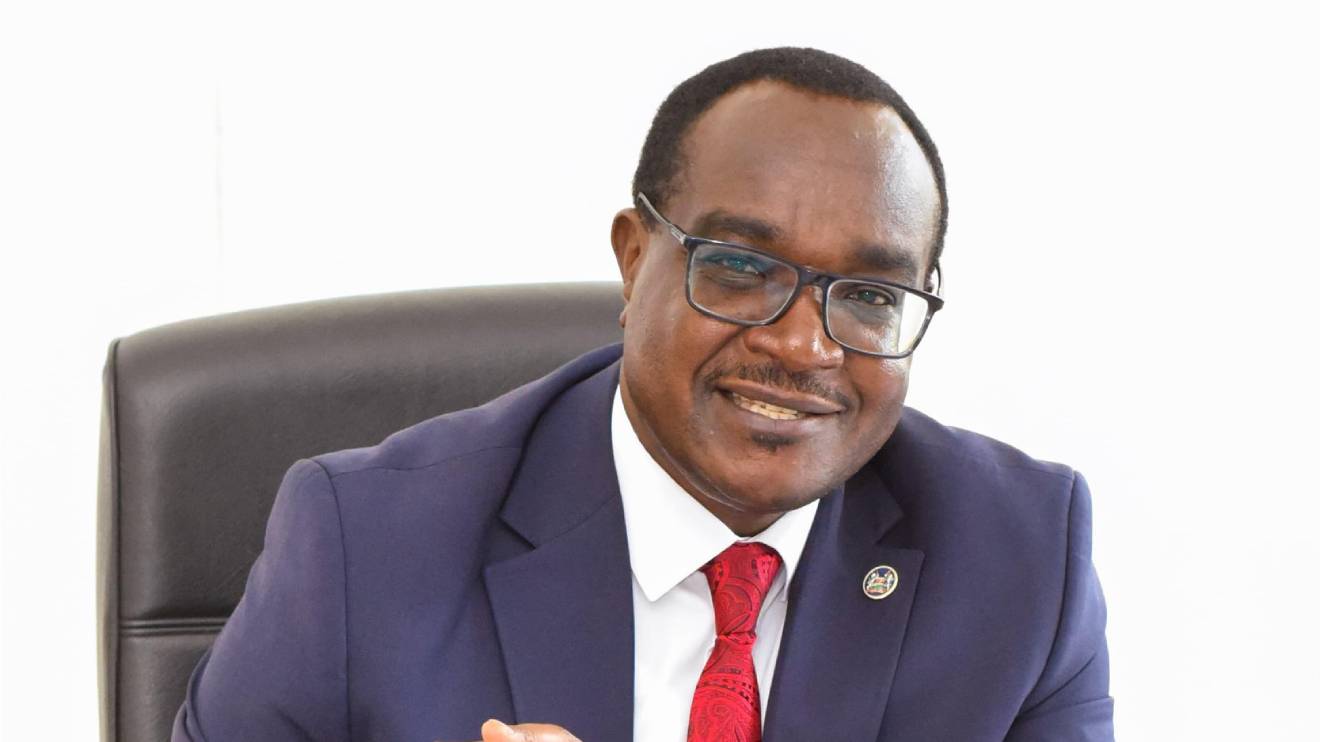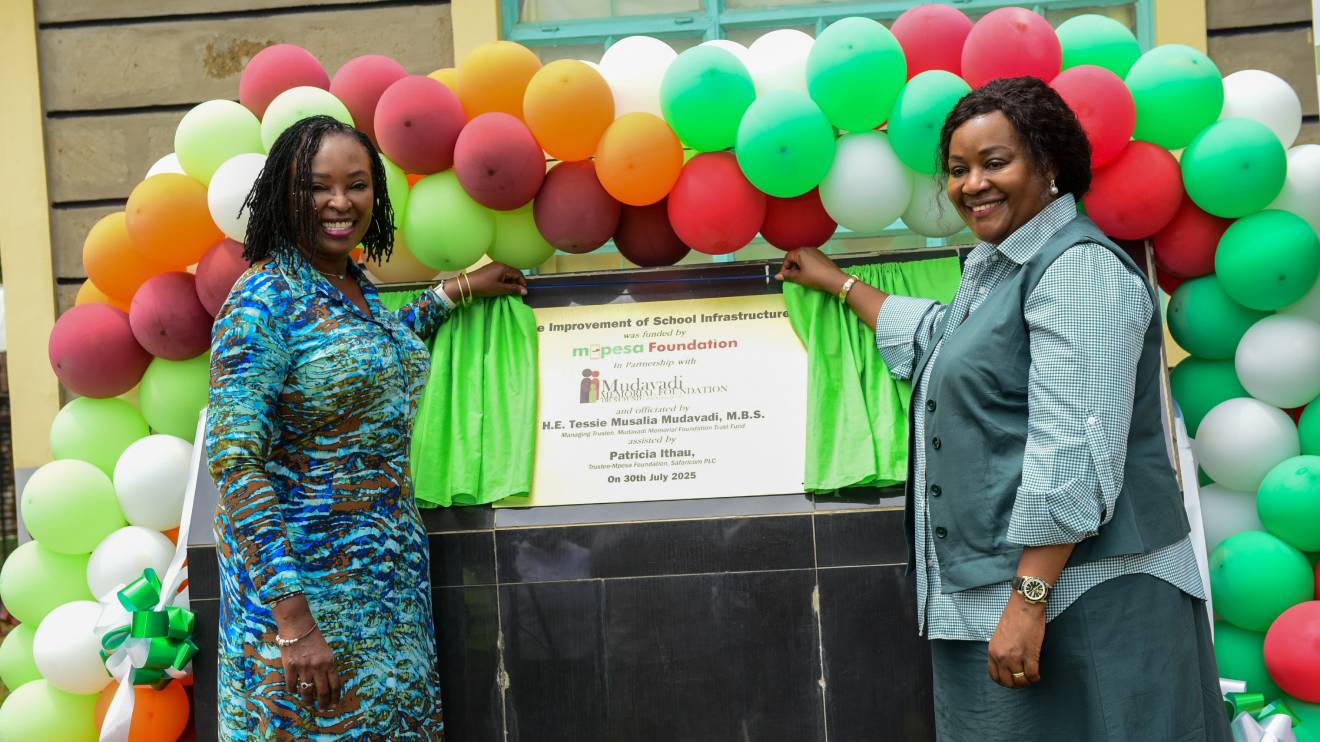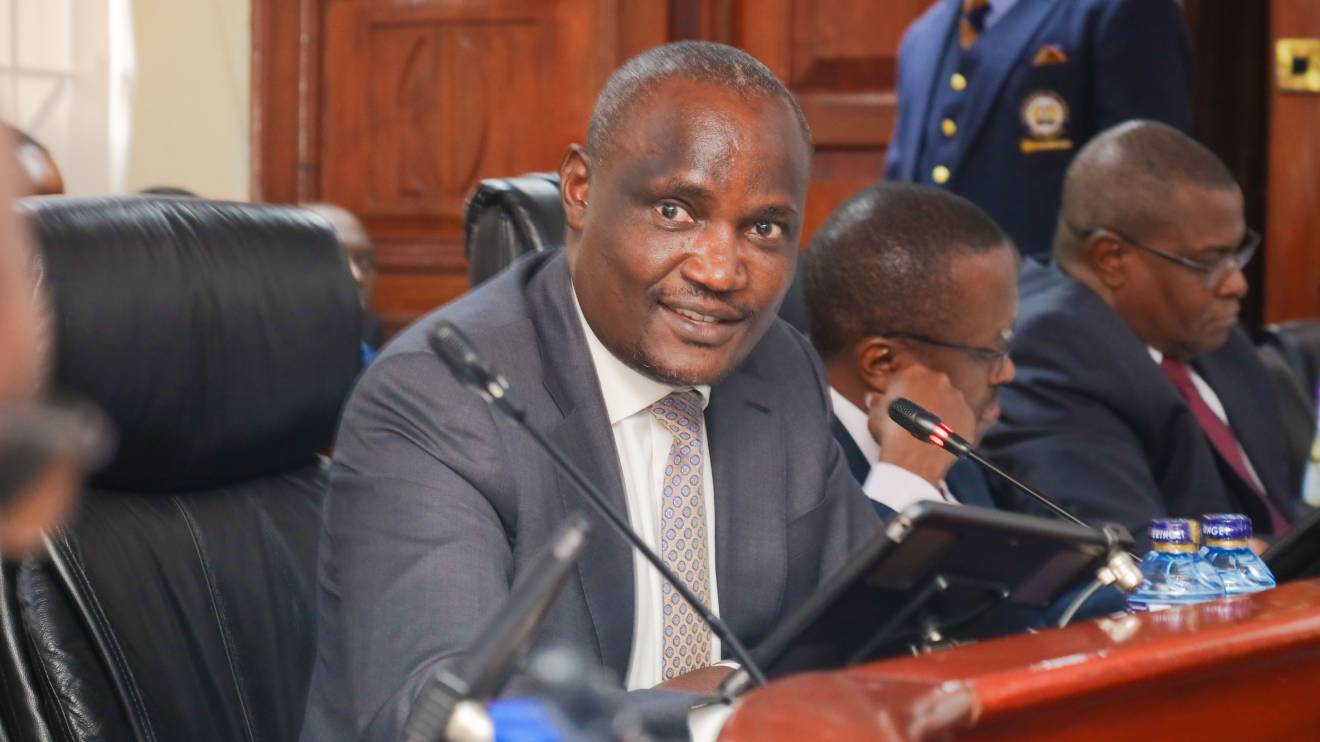The government has not abolished free education in public schools, Education Cabinet Secretary Julius Ogamba has asserted, brushing aside speculation that capitation for primary and secondary learners had been revoked.
Speaking to journalists on Saturday, Ogamba explained that although the funding per student had been reduced, free education remained a guaranteed right for every child under the Constitution.
“The number of students has been going up every year, but the figure has not been moving up. We have not abolished free primary education. We have only reduced the capitation fee,” he clarified.
The adjustment in capitation, Ogamba said, stemmed from funding constraints linked to a surge in school enrolments under the government’s 100 per cent transition policy.
He added that the set allocation for senior secondary learners, though prescribed by policy, was no longer fully attainable under the current financial strain.
Read More
“Under the government policy, the amount that we are supposed to give per student in senior school is Sh22,244, but because of budget constraints, we have not been able to meet that target,” he stated.
He defended the ongoing reductions as a practical response to limited fiscal space, rather than a rollback of the right to basic education.
Emphasising that the state’s obligation remained unchanged, he said, “Free and compulsory basic education is a constitutional right of every child,” adding that “the government has neither the intention nor the power to abrogate this sacrosanct right.”
To close the gap created by reduced capitation, the Ministry of Education and the National Treasury are lobbying Parliament for enhanced budgetary support.
Ogamba insisted that the administration of President William Ruto is committed to ensuring continued access to quality education despite prevailing financial challenges.
His remarks came shortly after Treasury Cabinet Secretary John Mbadi gave a more sobering assessment during his appearance before the National Assembly’s Education Committee.
“If you look at the budget of the year and divide it by the total number of students, you will realise that instead of funding Sh22,000, we are now funding at Sh16,000 and so we release at 50 per cent, 30 per cent and 20 per cent for each term,” Mbadi told MPs.
Beyond basic education, Mbadi warned of looming budget cuts in higher learning institutions, with capitation for university students also likely to shrink.
The Treasury, he said, was contemplating shutting down certain campuses to rein in expenditure.
While the two Cabinet Secretaries delivered contrasting tones, the underlying message remained consistent: the state continues to prioritise education, albeit under financial duress.
The question now is whether Parliament will respond to the calls for increased funding — and whether schools can withstand the squeeze in the meantime.





-1752797011.jpeg)




